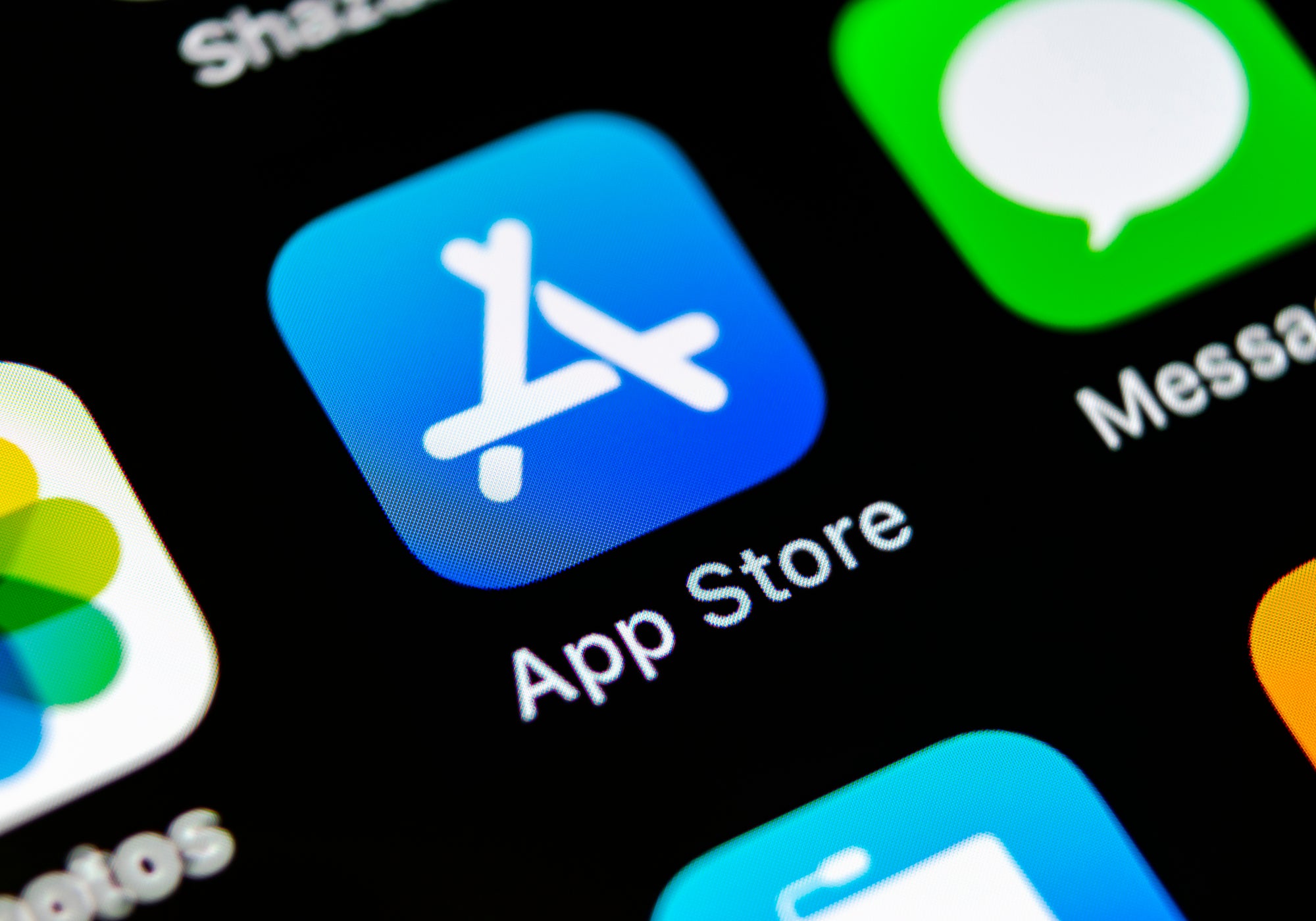
Apple has offered an olive branch to small software developers using its App Store by halving the commission fees it charges.
From next year Apple will cut fees from 30% to 15% for developers earning under $1m in annual revenue via the virtual store. If developers fall into this category, they will be charged the discounted rate the following year.
The move comes as the $2tn company’s App Store policies face scrutiny from antitrust regulators in the US and Europe.
Apple has also faced widespread criticism from developers and companies that list their apps on the App Store. They argue that the fees are too high, especially given consumers can often download their app directly from their own website without paying Apple commission.
Apple argues that it provides developers with a marketplace visited by half a billion people each week to some 28 million software developers.
“Small businesses are the backbone of our global economy and the beating heart of innovation and opportunity in communities around the world,” said Apple CEO Tim Cook in a statement.
“We’re launching this program to help small business owners write the next chapter of creativity and prosperity on the App Store, and to build the kind of quality apps our customers love.”
Apple App store fee cut rebuked
Apple’s move has not gone down well with all its critics, who have previously called the commission an “Apple tax”.
Tim Sweeney, chief executive of Epic Games, the maker of the Fortnite video game, said: “Apple is hoping to remove enough critics that they can get away with their blockade on competition, but consumers will still pay inflated prices.”
In August Apple removed Fornite from its App Store after Epic Games bypassed Apple’s payment system to avoid paying 30% commission. Epic subsequently filed a lawsuit against Apple.
Epic Games has not been the first or the last to criticise Apple for its App Store conditions.
In March 2019 music streaming company Spotify filed a complaint with the European Commission over its App Store practices.
The company charges $9.99 per month if users subscribe directly via the Spotify website, but $12.99 to subscribe via the App Store to recoup Apple’s commission charge. Because this results in higher prices for consumers, Spotify argues that Apple is engaging in anticompetitive practices – a charge that Apple denies.
A spokesman for Spotify, commenting on the fee cut, said: “We hope that regulators will ignore Apple’s window dressing and act with urgency to protect consumer choice, ensure fair competition and create a level playing field for all. Apple’s anti-competitive behaviour threatens all developers… their App Store policies are arbitrary and capricious.”
It is not the first time that Apple has given some ground to developers in the face of criticism. In June this year, the tech giant allowed third-party developers to lodge an appeal for violations of the App Store guidelines and make a separate challenge about the guidelines themselves.
This followed a public dispute between Apple and Basecamp, the developer of email app Hey.
Commenting on Apple’s App Store fee reduction, Basecamp co-founder David Heinemeier Hansson said: “If you’re a developer making $1m, Apple is still asking to be paid $150,000 just to process payments on the monopoly computing platform in the US. That’s obscene.”
In June the European Commission launched twin probes into Apple’s App Store rules, while in October the US Justice Department filed an antitrust lawsuit against the tech titan.
Read more: Losing Fortnite won’t hurt Apple’s revenues – but the publicity will sting







